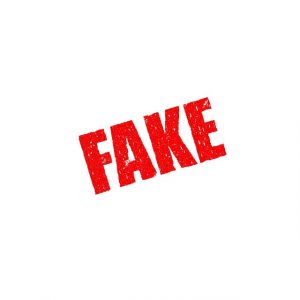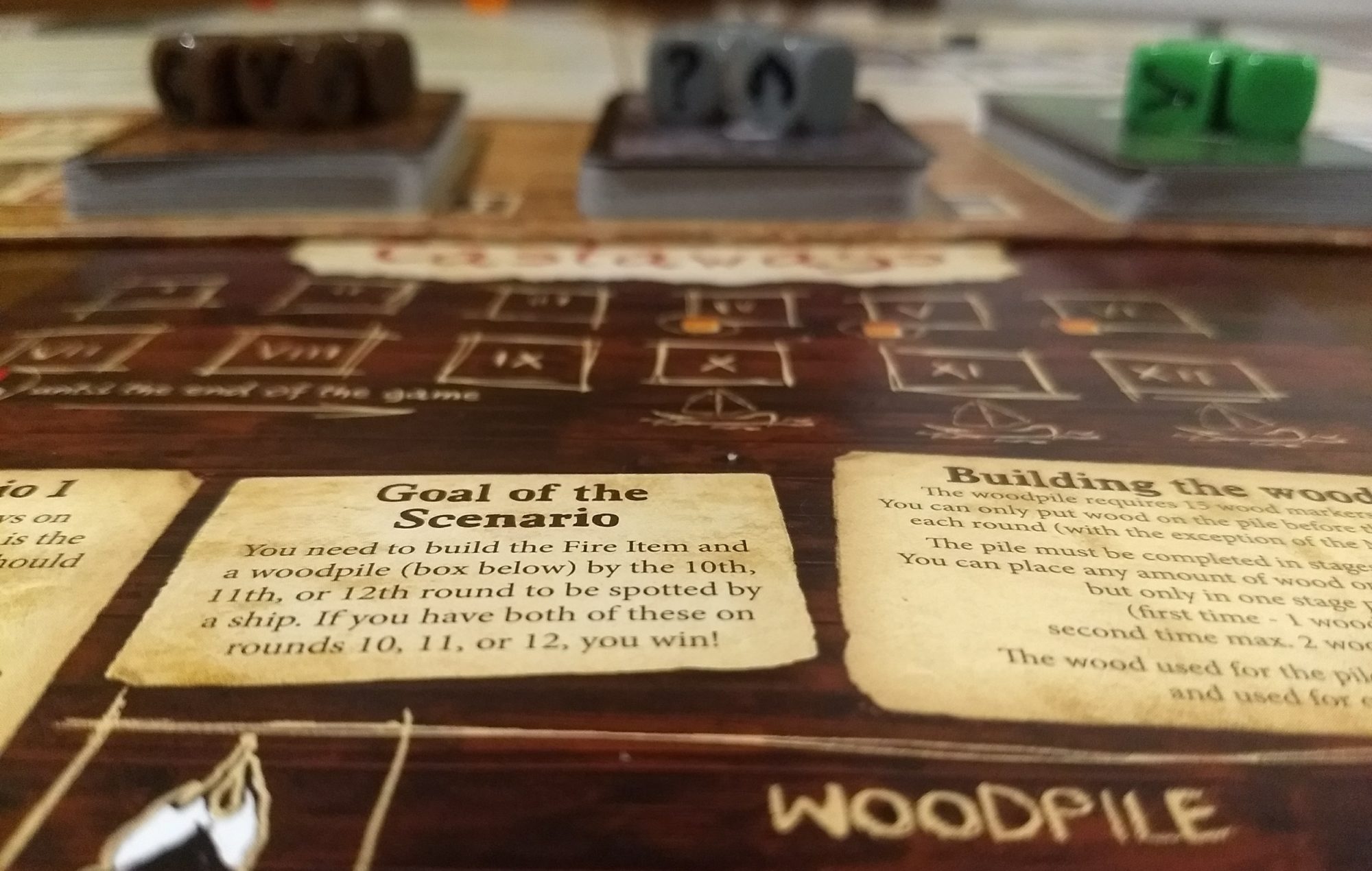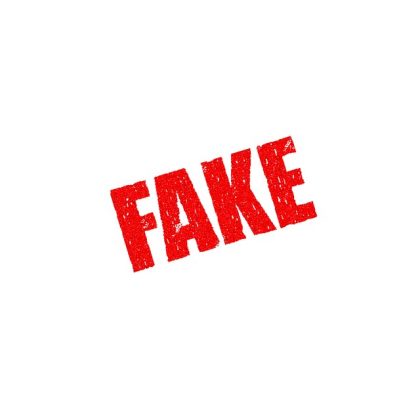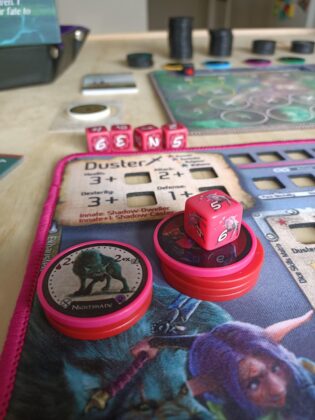
The industry of board gaming and tabletop gaming is growing exponentially, between 2015 and 2019 pledges for board games on Kickstarter have increased almost $100 million, with more than triple the projects successfully funding. Anecdotally, the industry is also booming locally with more and more people engaging in solo and family gaming due to COVID and it’s related impacts.
With success comes the downsides – and for a primarily paper and cardboard medium, this often means counterfeiting and fake products. In this article I have spoken to some industry professionals from successful companies in relation to how counterfeiting has harmed their business and the changes that they have had to make to combat it. In a later article we will talk about how to spot a counterfeit game and how to identify sellers who may not be legitimate.
The people that I have spoken to are:
How do Counterfeit board games affect business?
For the most part, most of the companies spoken to find that they haven’t noticed a massive impact on actual sales which is mainly due to one thing – that the industry is still growing. With a growing industry, it is hard to identify when sales are dropping due to no evidence on baseline sales. Essentially, as the industry grows it is hard for companies to measure the impact of counterfeits until sales and the industry level out, an often difficult thing to measure.
I asked the participants whether they have noticed a drop in their sales figures:
I’m sure it’s a case where there is lost revenue that is being hidden by an overall rise in sales. – Nathan McNair, Pandasaurus Games.
It is likely that our language publishers have seen a drop in sales, and it would be primarily in the English version, since that is the only one having counterfeits, as far as we know. But we cannot confirm it. – Jonathon Fryxelius, Fryx Games.
So what are companies doing about this drop in sales?
Absolutely (Bezier have noticed a drop in sales). English fake copies are abundant, and we are constantly working with our reseller partners to get rid of them – Ted Alspach, Bezier Games.
I will further address the topic of what companies are able to do to prevent loss of sales and how they address counterfeits in another article.
What are the biggest issues with fakes?
One of the biggest concerns that I noticed was that people who buy fakes are often unaware of the fact that they have bought a fake. It’s not usually the case of someone deliberately going to a site to get a cheap copy, moreso it is the case of people buying from online or pop up stores which tend to sell goods that maximise their own profit.
When someone buys a fake, they’re often receiving a substandard product that is shoddily-made and unlikely to withstand repeated plays. At times, the colors are off, the paper and card quality are inferior to the authentic game, and it’s a bad buy – Steve Jackson, Steve Jackson Games.
This issue is also mirrored by others in the industry, that when people buy a counterfeit they are unaware of where it came from initially, therefore they then chase up on the real company which leads to bad faith in the company, a poor overall experience and more costs to the company through time spent on the issue.
The quality of the counterfeits usually leaves a lot to be desired which leads to upset customers and then we have to make a choice to replace a fake product or have a customer with a bad experience with our company. Nathan McNair, Pandasaurus Games.
Another issue identified is that counterfeits end up adding to the cost of legitimate copies for the above mentioned reasons – more time spent chasing copies or following up on customer service, but also the fact that this potentially puts companies off actually producing games.
Counterfeit copies cost game companies an enormous amount of time and money. The end result is higher prices for “real” versions of the games, fewer games published, and fewer companies with the ability to create new games, knowing that counterfeiters might flood the market with those products. Ted Alspach, Bezier Games.
But what about me?
There will be the naysayers that believe that they should be able to buy whatever product they like from whoever they want to regardless of whether it is counterfeit. How much can it hurt, right? As mentioned above from a business point of view there are often small businesses that are affected by these sales. People who are just as passionate about boardgames as you or I and who deserve the right to make a profit through the production of original works.
Another consideration is safety – the OECD reports that, for toys, there are often measures skipped in terms of safety (safety costs money). In the board game world this could be anything from using inks and dyes that have been proven harmful through to inadequate finishing of wooden or plastic components which may have swallowing or other risks for young children.
Also, while it seems an abstract concept, counterfeit goods also have an impact on taxation in your country. Some of the cost of a product that we buy is made up of taxes meaning that the Government get a share of revenue. When counterfeits enter the market, they are usually doing so outside of legitimate channels and skip the step of taxation. The more counterfeits that sell, the more likely there are less Local, State and Federal funds to go around and pay for necessities.
Further Reading
What are the economic effects of counterfeit goods?
OECD Report on Counterfeiting
International Chamber of Commerce on Counterfeiting
Bottom Line
My recommendation would be to buy from only reputable stores that have a good reputation in the community. Check out Facebook pages for Boardgames in your country and ask about local or online stores and people’s experiences with them. Primarily, if the deal that you are getting for a new copy is too good, then it probably is.
Ours is a small hobby with passionate creators who often don’t make a great deal of profit, let’s look after them.




Comments
Daily Illuminator: Counterfeit Games
[…] The Impact of Counterfeits on the Board Game Hobby […]
RASSEGNA STAMPA: NEXT PLAYER SCRIVE DI GIOCHI CONTRAFFATTI – IL LORO IMPATTO NEL SETTORE E COME COMBATTERLI | www.InfoLudiche.org
[…] e alcuni dei mercati più grandi (Stati Uniti in testa) anglofoni. Nel primo articolo. “The impact of counterfeits on the board game hobby“, Next Level chiede i pareri di alcuni editori di giochi (Steve Jackson Games, Pandasaurus […]
Links: Final Tales of the Arabian Nights, and The Impact of Counterfeit Games – Board Game Funding News
[…] Games, Steve Jackson Games, and Bézier Games — for two articles about counterfeit games, with the first on the impact of counterfeit games on the hobby and the second on what individuals can do about […]
Links: Final Tales of the Arabian Nights, and The Impact of Counterfeit Games – Games Night
[…] Steve Jackson Games, and Bézier Games — for two articles about counterfeit games, with the first on the impact of counterfeit games on the hobby and the second on what individuals can do about […]